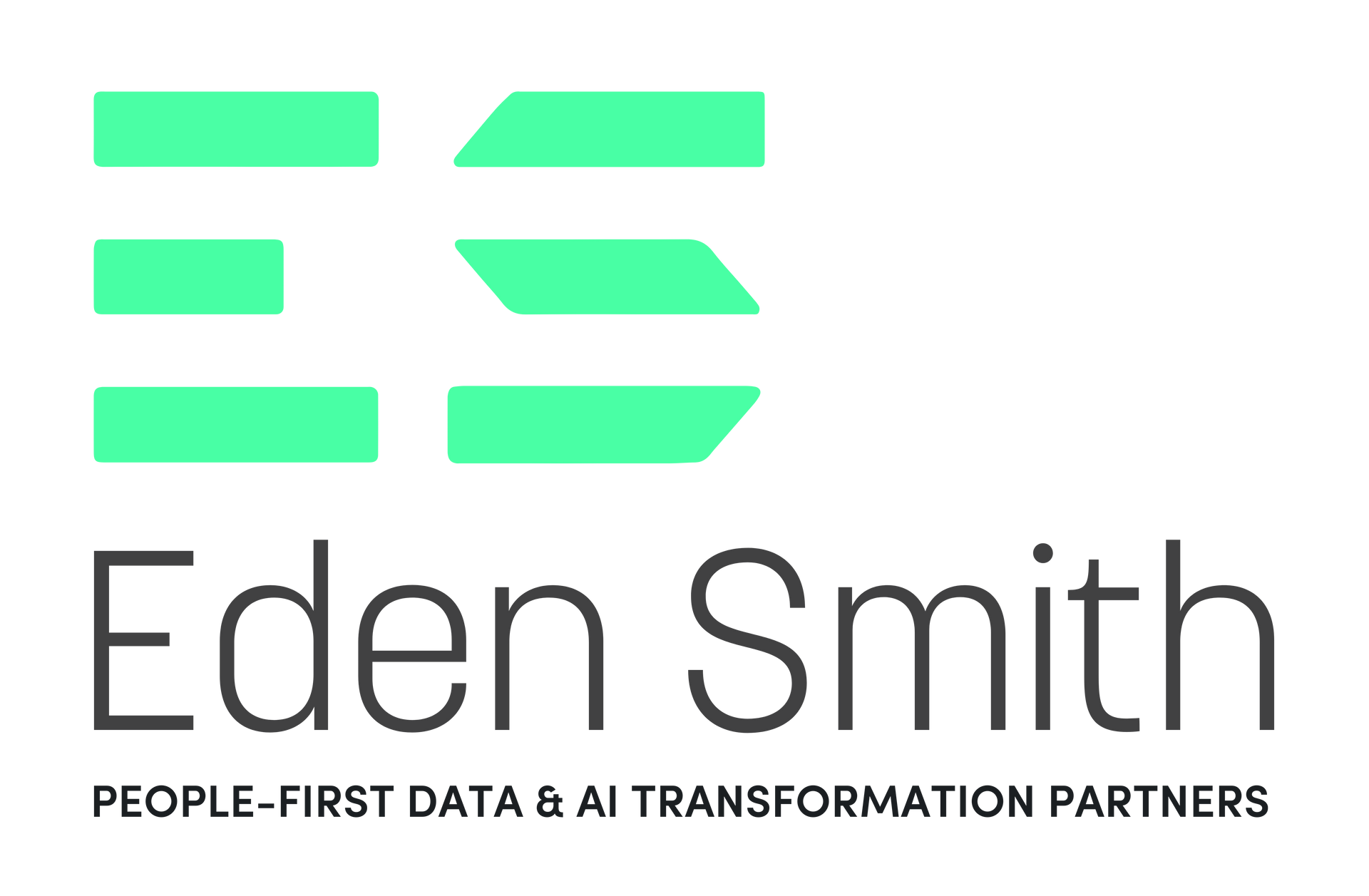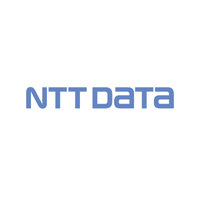What’s the Role of the Data Office in Modern Businesses and How to Leverage It
The data sector has matured significantly in recent years. Organisations now commonly rely on defined blueprints, playbooks, and roadmaps to support Chief Data Officers (CDOs) in developing successful and relevant data strategies. However, as the understanding and application of data continue to evolve, the role of the data office must also adapt to remain effective.
Rethinking the Role of the CDO
As organisations progress in their data maturity, the traditional centralised model of the data office is being challenged. Discussions within the industry, such as What’s Next for the CDO , have questioned the positioning and even the necessity of the CDO role. The shift in organisational behaviour suggests that the CDO should transition from being a centre of excellence to acting as a facilitator. Thus supporting business functions with governance, enablement, and strategic oversight.
A Learning Theory Perspective
The Burch Model of ‘Four Stages of Competence’ provides a useful analogy for understanding this transformation. Businesses are progressing through these stages, moving from unconscious incompetence (not knowing what they don’t know) to unconscious competence (where data proficiency becomes second nature). Our experience across multiple sectors highlights a growing trend where non-data teams are increasingly displaying conscious incompetence or conscious competence. This shift places greater demands on the data function, requiring it to provide structured guidance, governance, and training to prevent a regression into data mismanagement.
The Rise of Data Skills in Non-Data Roles
The demand for data proficiency is no longer limited to dedicated data professionals. Teams in finance, marketing, and other areas are integrating data capabilities into their daily work:
- Finance: The emergence of roles such as financial data scientists underscores the sector’s reliance on data-driven decision-making. These professionals analyse vast datasets to identify trends, forecast performance, and assess risks, ultimately driving profitability (AccountingWEB).
- Marketing: Data analysis skills are already essential for marketing professionals, yet a skills gap persists. A study found that 8.7% of marketing leaders feel underqualified to perform data-driven tasks effectively (Marketing Week).
- General Workforce: A UK government report estimates that businesses require around 215,000 roles with hard data skills beyond basic IT capabilities, illustrating the broad integration of data competencies (GOV.UK).
How the CDO’s Role is Changing
As data responsibilities spread across an organisation, the CDO’s focus is shifting from centralised ownership to enablement, governance, and literacy-building:
- Support and Governance: Modern CDOs are responsible for creating data strategies aligned with organisational goals, identifying underlying challenges, and ensuring data is treated as a valuable asset. A key part of this role is fostering a culture where data-driven decision-making is embedded in everyday business practices (DDaT Capability Framework).
- Capability Building: The CDO now plays a critical role in raising data literacy across all functions. By providing training and governance frameworks, they help non-data teams develop the necessary skills to work confidently with data (DDaT Capability Framework).
Data is officially a business asset!
The formal recognition of data as a business asset signifies a transformative shift in how organisations perceive and utilise their information resources. This evolution underscores the necessity for businesses to strategically manage data, akin to traditional assets like capital and property.
Implications for Data Management:
- Strategic Asset Management: Viewing data as a strategic asset compels organisations to implement robust data governance frameworks. This approach ensures data quality, security, and accessibility, facilitating informed decision-making and operational efficiency.
- Valuation and Investment: Assigning tangible value to data enables companies to assess its contribution to overall worth, guiding investments in data infrastructure and analytics. This valuation process supports informed decisions on resource allocation and potential monetisation strategies.
Implications for Business Operations:
- Enhanced Decision-Making: Recognising data as a valuable asset promotes its integration into strategic planning, leading to more accurate market analyses, customer insights, and operational improvements.
- Competitive Advantage: Effective data utilisation can differentiate a company within its industry, fostering innovation and personalised customer experiences.
- Risk Management: Proper data management mitigates risks associated with data breaches and regulatory non-compliance, safeguarding the organisation's reputation and financial stability.
In short, acknowledging data as a business asset necessitates a strategic approach to its management and utilisation. This will unlock significant value and fostering sustainable growth.
The Organisational Impact of Data Decentralisation
As data capabilities spread throughout the business, organisations must embrace a cultural shift to maximise the value of data:
- Empowerment: Employees at all levels need access to data skills to make informed decisions and drive innovation.
- Collaboration: A well-structured data function fosters collaboration between data specialists and other departments, ensuring seamless integration of data-driven initiatives.
- Compliance: With wider adoption of data usage, strong governance frameworks are essential to ensure regulatory compliance and mitigate risks.
Conclusion
The modern data office is no longer just a centre of excellence. It’s a crucial enabler of business-wide data competency. As data literacy becomes a standard requirement across industries, the CDO must pivot. Leaders should move towards a role that supports, governs, and nurtures a data-driven culture. Organisations that successfully make this transition will be best positioned to harness the full potential of their data assets and maintain a competitive edge in our data-driven economy.











